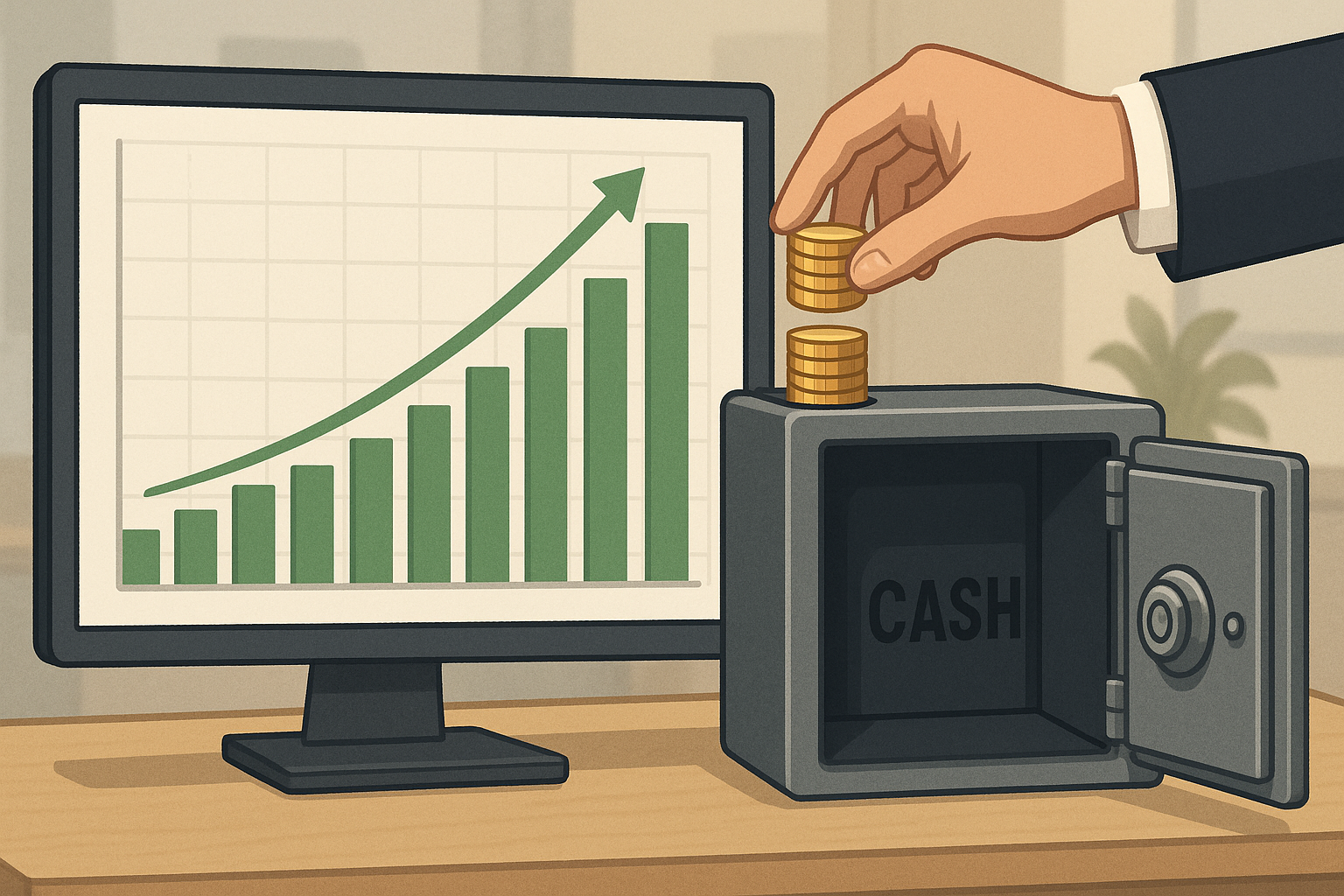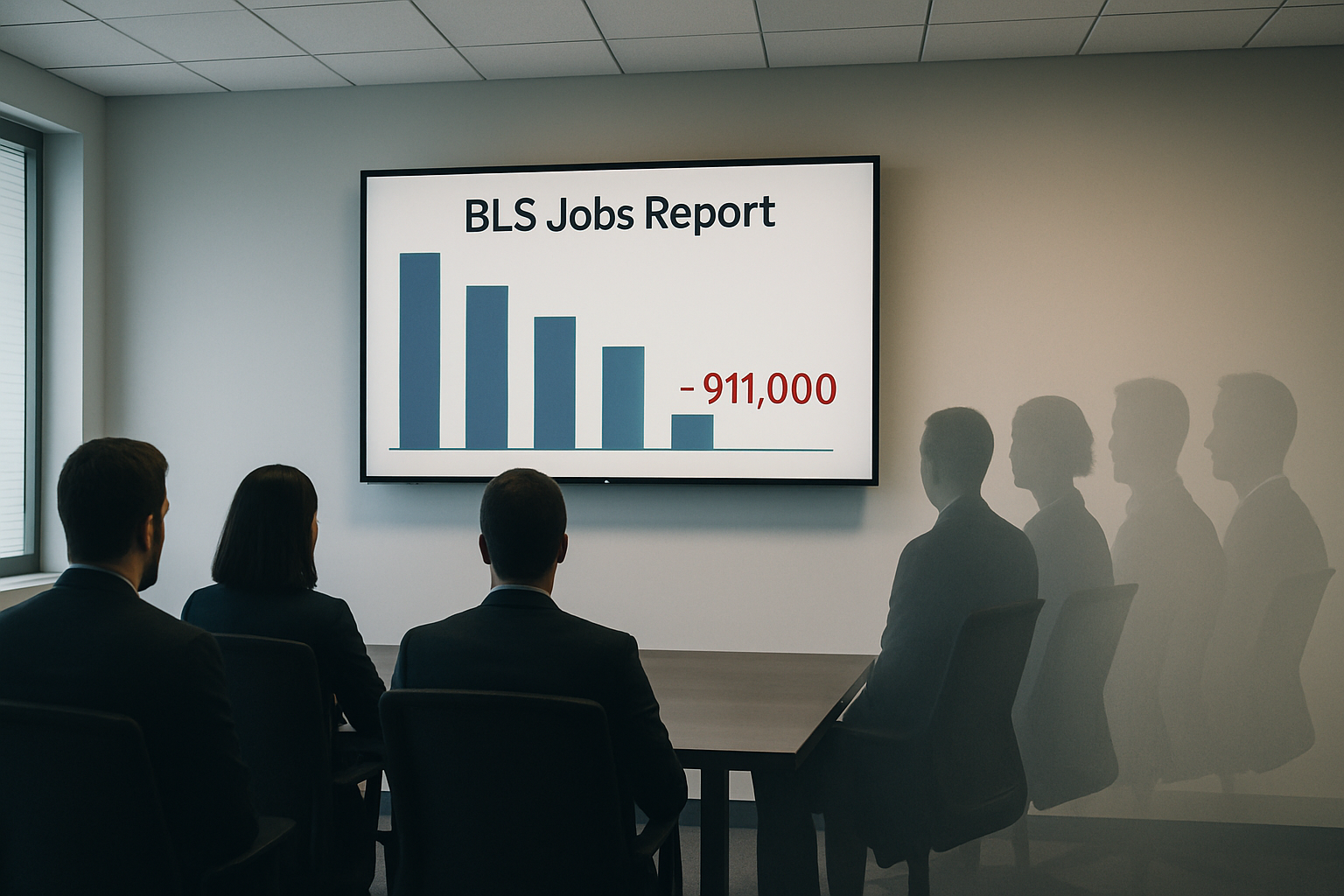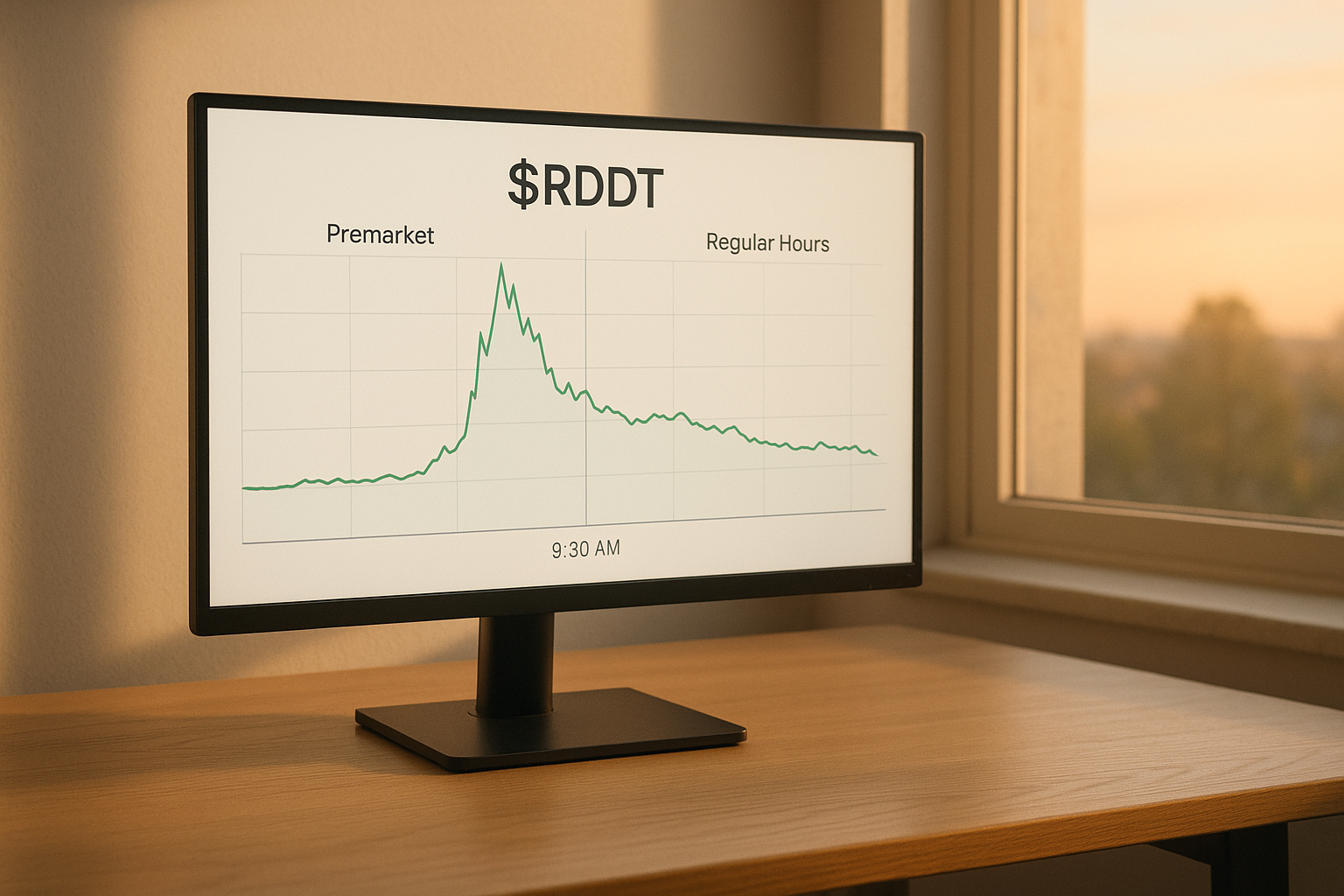Markets have soared to record highs, Twitter feeds are practically drowning in screenshots of triple-digit gains, and suddenly—miraculously—everyone's a financial genius again. Nothing quite signals a potential market top like your Uber driver explaining their complex options strategy that's supposedly crushing the S&P.
Which brings me to what I've been thinking about lately: the seemingly forgotten art of actually taking some damn money off the table.
I've watched with a mixture of fascination and mild horror as retail sentiment indicators tick steadily upward alongside major indices. Reddit investment forums (those digital descendants of 1990s barbershop stock tips) practically radiate euphoria these days. And let me tell you, history isn't particularly kind to this correlation.
There's something almost poetic about market psychology. The precise moment when selling feels like the absolute dumbest move possible? That's exactly when you should be considering it. Call it the Discomfort Principle of investing—when something feels unnaturally painful, that's your cue to examine why you're so resistant.
Look, profit-taking isn't sexy. Nobody's launching podcasts about the thrilling process of gradually increasing your cash position. You won't get that CNBC invitation to explain how you're up a modest 7% this year but have rotated 22% to money markets. The dopamine hit from watching paper gains pile up just feels better than the quiet satisfaction of having dry powder ready for the next correction.
But dig beneath those headline numbers for a second. While indices march upward, market breadth has been deteriorating. The percentage of S&P stocks trading above their 50-day moving averages is declining even as the index itself sets records—a divergence that has historically been... well, not great. Not a sell-everything signal, but certainly a yellow flag waving frantically in your peripheral vision.
Then there's the sector rotation happening. That Reddit investor picking up temporarily unloved quality names like UNH, GOOGL, and EQIX suggests at least some folks recognize the market's leadership might be narrowing. When today's high-flyers eventually pause to catch their breath (and trust me, they always do), these quality names often provide ballast when you need it most.
I'm particularly struck by the money market allocation discussion. With yields still offering north of 5% in many cases, cash isn't the dead weight it was during the zero-rate era. It's actual income with zero volatility—a proposition worth considering when valuations look stretched by almost any historical measure.
It reminds me of something Stanley Druckenmiller once said about investing: "The way to build long-term returns is through preservation of capital and home runs." The preservation part? That requires the discipline to sometimes do nothing—or even retreat—when everyone else is charging forward like there's no tomorrow.
This isn't some doom-and-gloom call to panic-sell or time the market (an enterprise that has humbled investors far smarter than me). Rather, it's a gentle nudge that rebalancing is the vegetable-eating of investing: not particularly exciting, somewhat uncomfortable, but ultimately good for your financial health.
The Reddit poster asking "Anyone else getting prepped for the next tank session?" is doing something valuable—questioning the consensus. When markets start feeling like a one-way bet... that's precisely when they rarely are.
Markets don't follow Reddit sentiment, of course. But they do follow patterns of human psychology that have remained stubbornly consistent across centuries. The next correction—whether it arrives next week or next year—will catch most investors by surprise. They always do. The only question is whether you'll be muttering "I knew I should have taken some profits" or quietly deploying capital when genuine bargains appear.
In the meantime, there's something to be said for sleeping well at night. Cash may not be king forever, but it sure tends to wear the crown during times of market distress.




